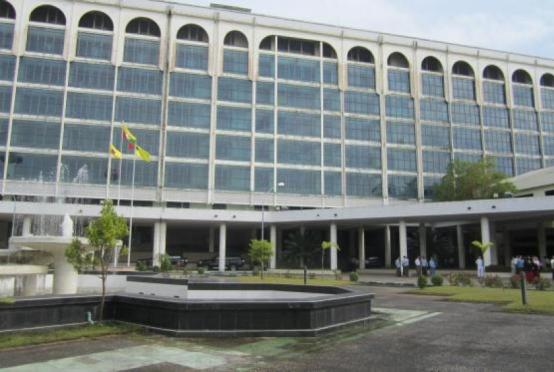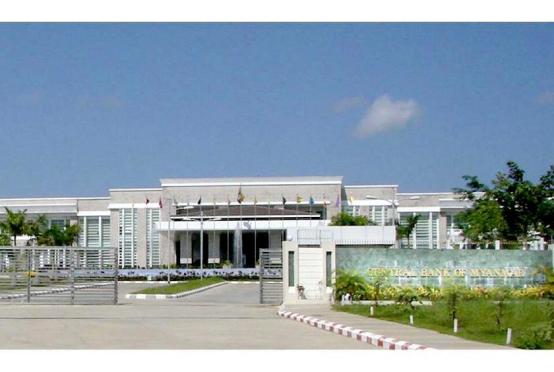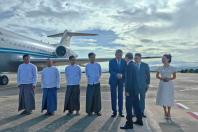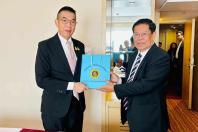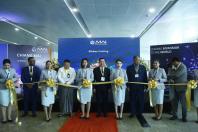
PETALING JAYA (The Star) - The investments from Chinese firms in Malaysia are expected to surge following the conclusion of East Coast Rail Link (ECRL) project.
Deputy International Trade and Industry Minister Dr Ong Kian Ming said the country can expect the interest among Chinese firms to invest in Malaysia after the government renegotiated the ECRL deal and put the project back on track.
However, he said, it is too early to tell the quantum “but we have several projects in the pipeline indicating this interest.”
“The country is keen to attract more quality investments to come to Malaysia,” he said, adding that China is expected to remain as the largest FDI country for Malaysia for the fourth year.
“We are not as expensive as Singapore in terms of manpower. We also have highly skilled labour, airports and ports connectivity as well as good infrastructure and road networks.
“We also have other relative cost-effectivenesses such as energy, water, office space – all these forms a holistic package for us to be competitive against Singapore and Thailand,” he said.
Ong also called on firms to be more creative and grab the Fourth Industrial Revolution environment (IR4.0).
“Entrepreneurs should not just keep going on traditional models,” he said, adding that many were not aware of the opportunities available under IR4.0 especially in the manufacturing and manufacturing services sectors.
He also advised firms not to fear automation, which will benefit the industries with win-win situations.
“With automation and IR4.0, the productivity of workers will actually increase and lead to higher wages and better work conditions. Companies can have better productivity.
“Those in doubt should look at examples of other companies that have gone into automation, and look at the skill set needed to adapt to new challenges and new technologies at the workplace,” he said, adding that with proper adaptation, employees can gain from such implementation.
Ong said Malaysia is the preferred country for Huawei to recruit and train potential workers.
He said these workers were subsequently sent abroad to carry out training programmes and implement the company’s projects.
“The Chinese telecoms giant sees value and flexibility of the Malaysian talents in terms of language and cultural perspective,” he said.“Huawei has a diverse customer base and is keen to make Malaysia as the place to recruit good potential workers and send them to different countries where they operate.”
He said Malaysia workers have big advantages as they are able to speak Mandarin and English.
Ong, who visited Huawei’s global training centre in Cyberjaya on Monday, said Malaysians were sent to countries such as Africa and Central Asia.
Huawei is training 2,000 workers in Cyberjaya, where 60% of them are locals.
https://www.thestar.com.my/news/nation/2019/04/18/investments-from-china...

